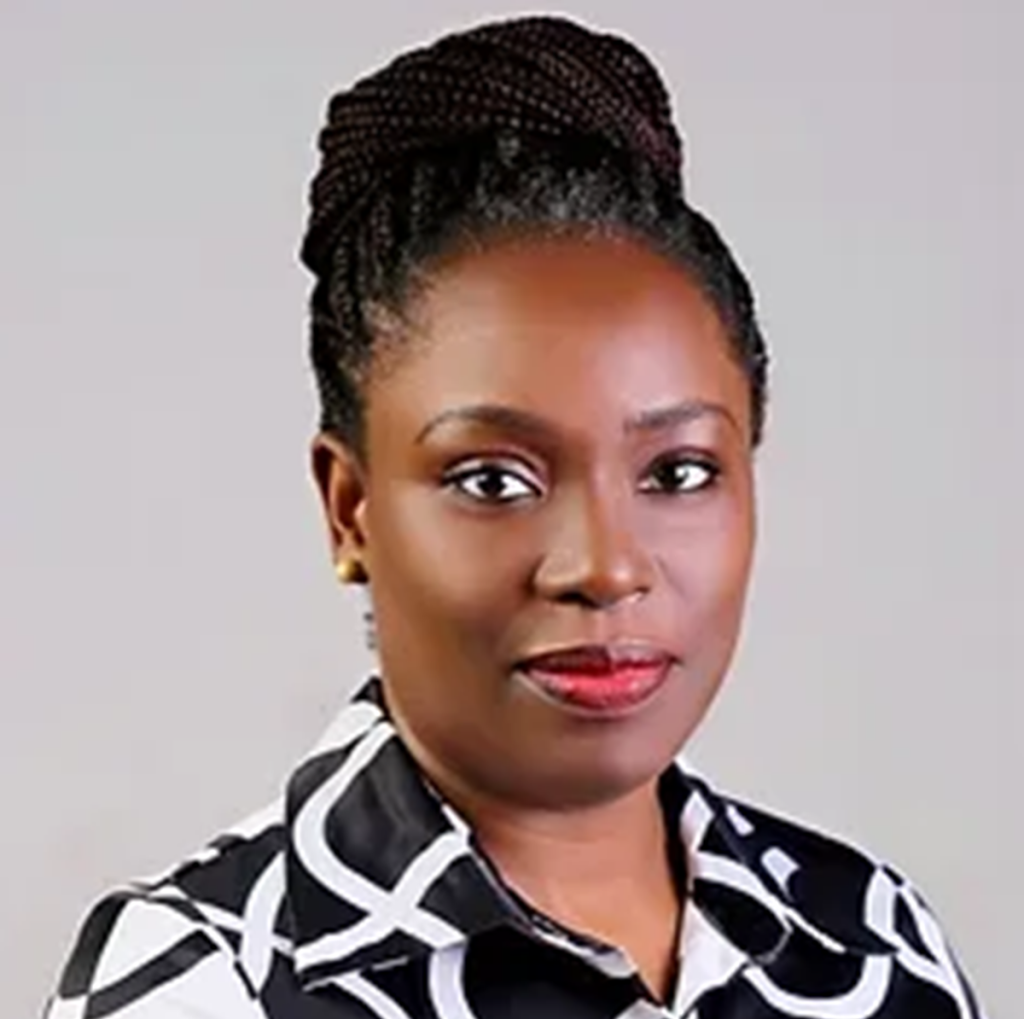Dr. Joy Isa, an education consultant and President of Isa School of Education, has identified a significant factor contributing to the large number of out-of-school children in Nigeria. She attributes this to the absence of a national curriculum for early years (age 0 to 5), a crucial element in the educational system.
She made these remarks on News Central‘s Jaisiri while discussing the current state of Nigeria’s educational system.
According to the United Nations Children’s Fund (UNICEF), Nigeria has the highest number of out-of-school children globally, which stood at 10.5 million as of January 2022.
The agency stated, “A full one-third of Nigerian children are not in school, and one in five out-of-school children in the world is Nigerian.”
Dr Isa pointed out that some private schools have turned to curricula from abroad because Nigeria does not have a published curriculum for reception and nursery levels.
“That opportunity to build your foundational literacy and numeracy skills is missing. And when these young children go into primary school, they are expected to have a certain level of literacy and numeracy skills- computational reasoning, basic sounds- phonetics, things like that.
“In our public schools, these have to be taught in primary one, which comprises children aged five and six. In the public school system, these children have learnt all these skills and so they’re already advantaged. “That’s a fundamental issue.”
Dr Isa explained that, despite common belief, the Montessori curriculum, which some private schools adopt, is not primarily focused on ‘play’.
She said, “The Montessori curriculum method was developed to support children who are atypical, that means children who are not learning as the regular and typically developed children.”
Addressing the assertion by Nigeria’s Minister for Education, Prof Tahir Mamman, that one out of four children in Nigeria suffers from poor numeracy, learning, and critical thinking levels, Dr Isa said, “We cannot give what we don’t have.
“So if our curriculum content does not include critical thinking or a transition in our NCEs and our Bachelor of Education programmes, the problem is enormous.
“I’ve run so many webinars and training sessions, and teachers don’t understand why they shouldn’t be giving children notes to copy. They should be promoting note-taking and critical thinking.
“So they still want to do all that synthesis of information and write it on the board, and then children copy it into their notes. Where is the opportunity for the children to think?”
Watch the full interview below.

